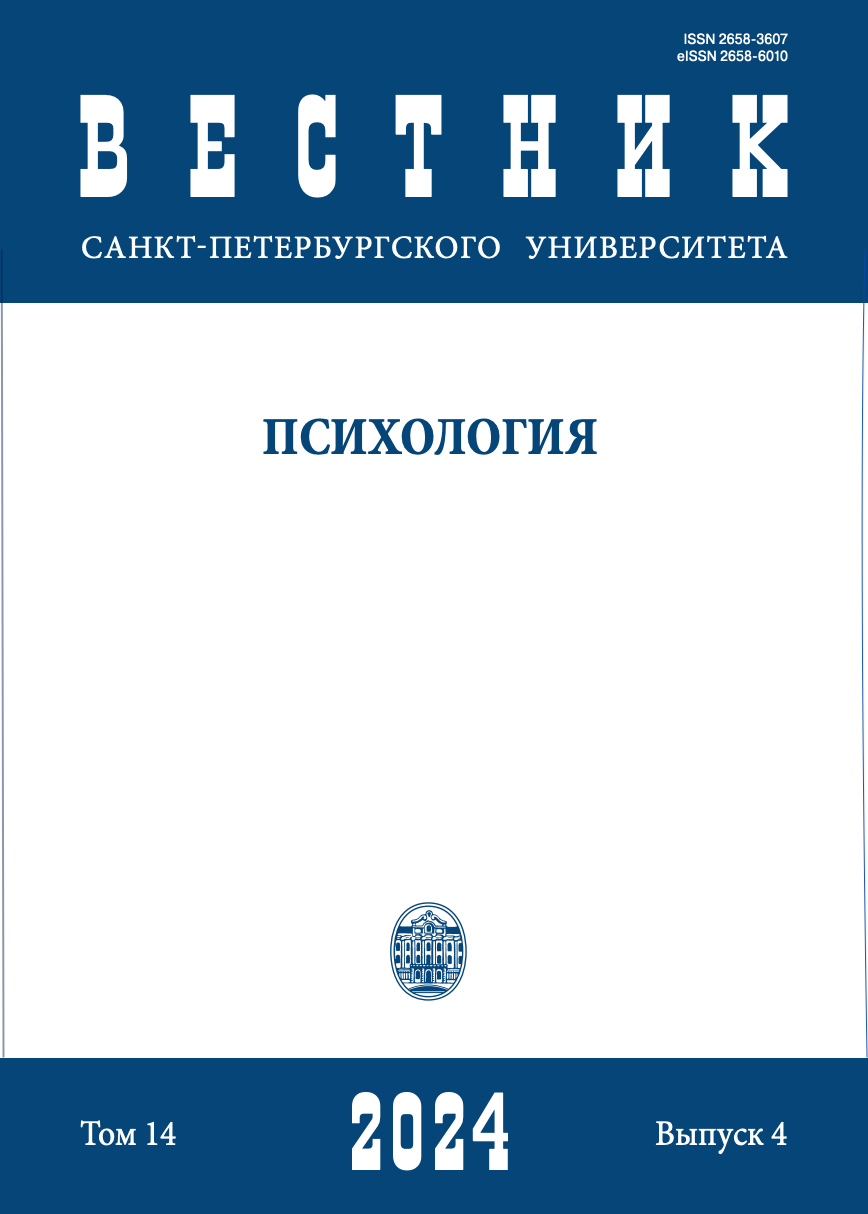Разделяемое лидерство и совместимость ментальных моделей как предикторы устойчивости рабочих групп
DOI:
https://doi.org/10.21638/spbu16.2024.407Аннотация
В турбулентной бизнес-среде встает проблема обеспечения устойчивой деятельности для того, чтобы справиться с неожиданными угрозами, восстановить продуктивность, проактивно преодолеть риски и вариабельность рабочих процессов, разрывы в координации действий, создать потенциал опережающего развития на основе антиципации. На фоне широкого изучения индивидуальных и общеорганизационных ресурсов устойчивости мало представлены исследования групповых факторов устойчивости, среди которых выделяются разделяемое лидерство и совместимость ментальных моделей членов группы. Цель статьи: оценить вклад разделяемого лидерства и совместимости ментальных моделей как предикторов устойчивости рабочей группы. Гипотезы: разделяемое лидерство и совместимость ментальных моделей участников оказывают позитивное влияние на устойчивость групп. Выборка: 213 работников российских организаций. Методы: Шкала устойчивости команды; Опросник разделяемого лидерства в команде (SPLIT); шкала совместимости ментальных моделей. Анализ: проверка нормальности распределения, корреляционный (Пирсона) и регрессионный анализ; моделирование структурными уравнениями (AMOS). Результаты: обнаружены взаимосвязи показателей разделяемого лидерства и совместимости ментальных моделей с показателями устойчивости групп (0,43–0,77, pск < 0,01). Предикторами устойчивости групп являются показатели разделяемого лидерства (в отношениях, в изменениях, и во внешних коммуникациях), а также общий показатель совместимости ментальных моделей. Совместимость ментальных моделей не оказывает значимого прямого эффекта на устойчивость групп, но при этом позитивно влияет на устойчивость через разделяемое лидерство (0,69), которое выполняет роль медиатора. Разделяемое лидерство оказывает прямой положительный эффект на устойчивость групп (0,92). Влияние совместимости ментальных моделей на устойчивость проявляется, если в результате групповой динамики возникает разделяемое лидерство, позволяющее использовать общую ментальную модель для совместной работы. Разделяемое лидерство является приоритетом, на который должны быть направлены интервенции с целью развития команд в организациях.
Ключевые слова:
ресурсы устойчивости организации, устойчивость команд, разделяемое лидерство, совместимость ментальных моделей
Скачивания
Библиографические ссылки
References
Загрузки
Опубликован
Как цитировать
Выпуск
Раздел
Лицензия
Статьи журнала «Вестник Санкт-Петербургского университета. Психология» находятся в открытом доступе и распространяются в соответствии с условиями Лицензионного Договора с Санкт-Петербургским государственным университетом, который бесплатно предоставляет авторам неограниченное распространение и самостоятельное архивирование.




